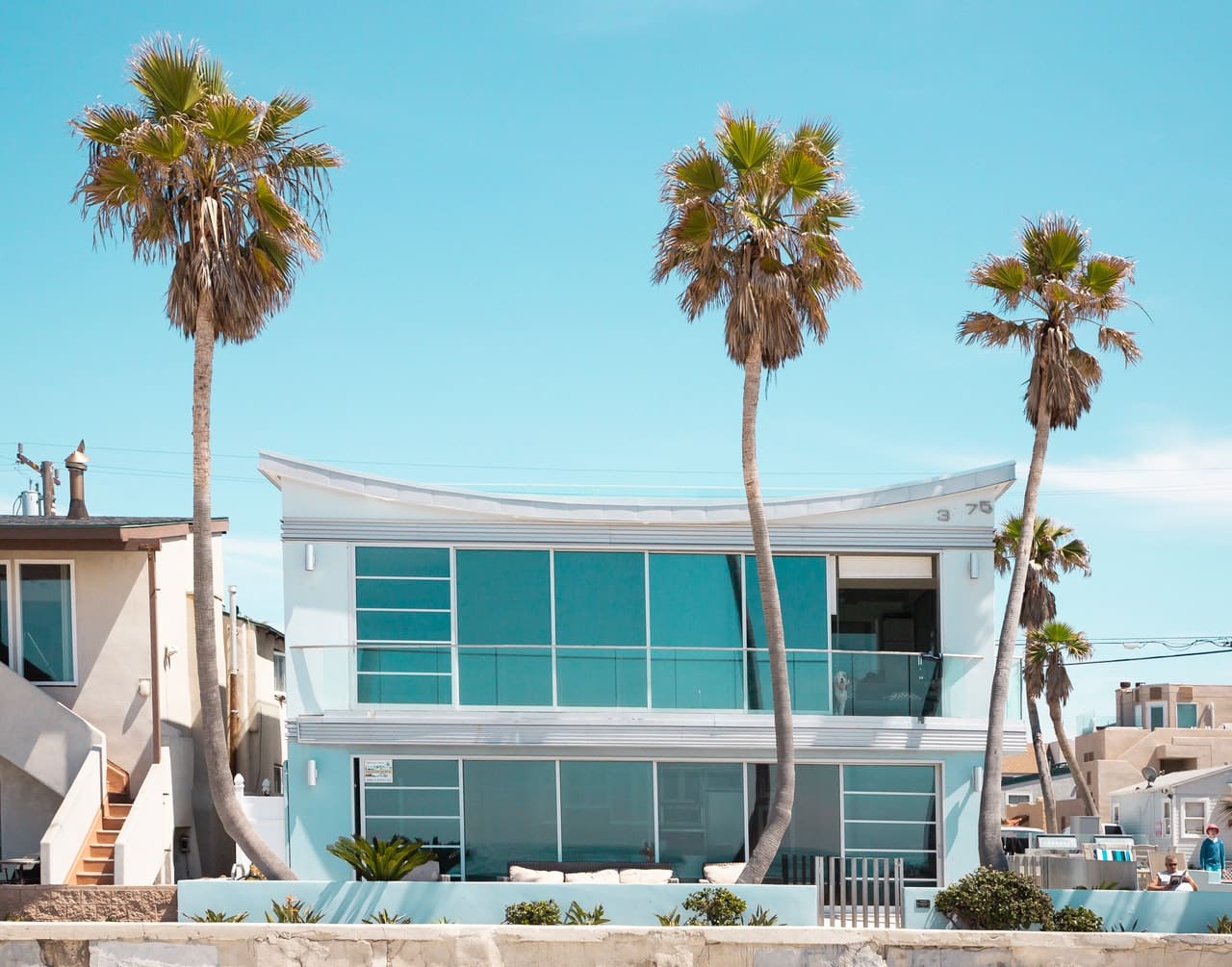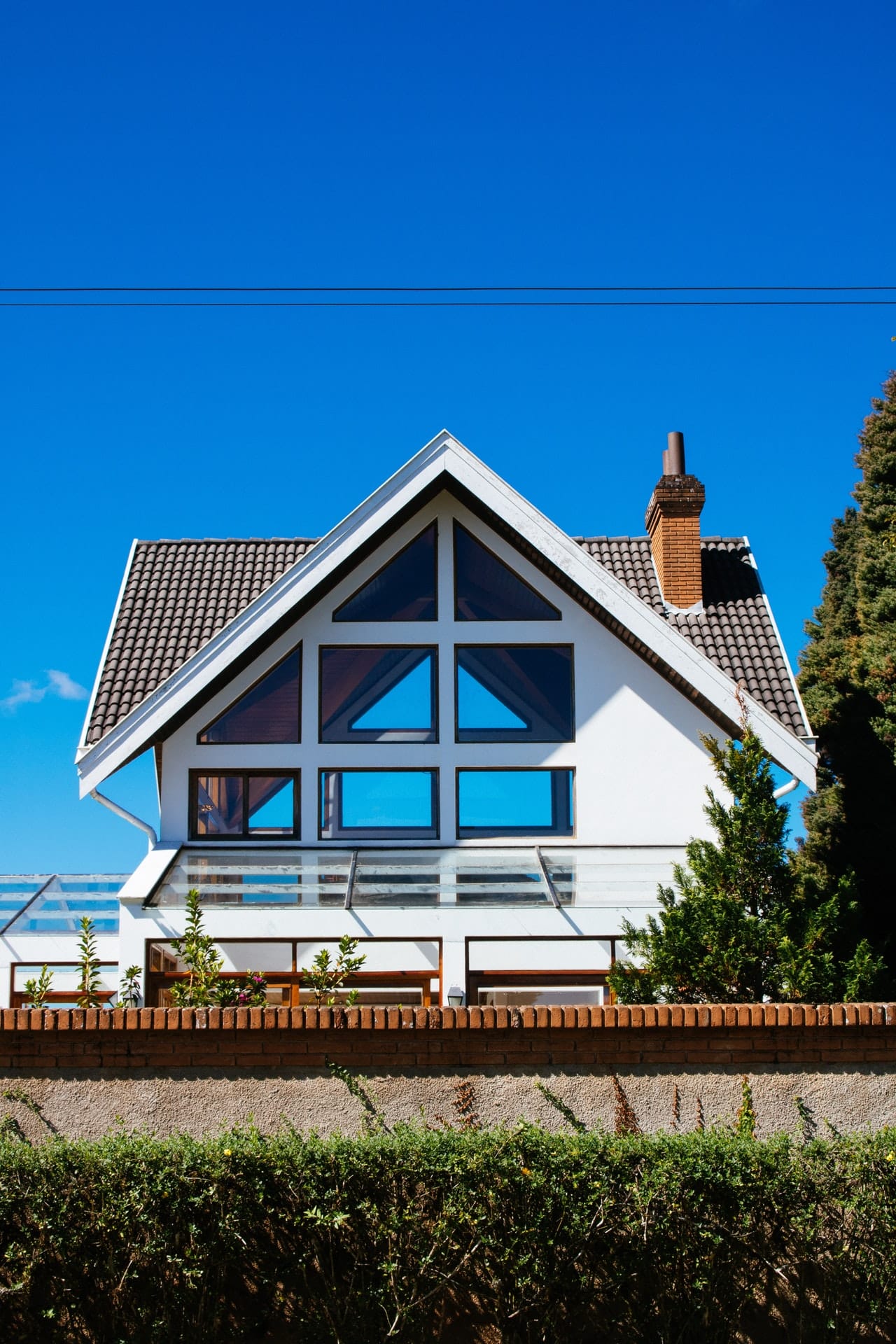Have you ever considered flipping houses for a profit? It’s an exciting area of real estate, and one that can be incredibly lucrative—but at the same time, there are many risks involved, and it’s not exactly friendly to newcomers. Despite the difficulties and complexities of flipping a house correctly, it’s possible for almost anyone to get involved in flipping houses—as long as they take the right approach.
IMAGE: PEXELS
The Basics Of Flipping Houses
You can flip houses in a few different ways, but they all follow the same basic formula. You’ll start by buying a property for a lower-than-typical rate in a promising neighborhood. In some cases, this low price is due to coincidence—for example, the property owner might be eager to unload the property as soon as possible, so it’s priced to move.
In other cases, and more commonly, the low price is due to the number of repairs the property needs, or the poor condition of the property. A home flipper then spends time making the home more marketable, often spending lots of time and money on major repairs and renovations. When done, the house is listed for a price higher than what the flipper originally paid, ideally resulting in a profit.
The Risks
Though fundamentally straightforward, flipping houses does come with its share of risks. Most commonly, you may find yourself spending too much on renovations and repairs, ultimately reducing or eliminating your bottom-line profit. You may also find it hard to sell the property once you’re done with repairs, increasing your total costs (and stress).
And because it’s difficult to estimate the true condition of the property or the bottom-line costs of repairs, even the most experienced home flippers sometimes struggle to accurately project their financial return. So what steps can you take to make your home flipping business successful?
Get Your Real Estate License
First, try to get your real estate license. These days, it’s possible to take all the classes you need and get your real estate license online. That doesn’t mean it’s going to be fast or easy, but it’s undoubtedly going to be convenient.
Getting your real estate license will introduce you to the intricacies of buying and selling property, which should help you better estimate the value of the properties you view and make the buying and selling process more straightforward. You can also use your license to get access to property listings that aren’t available to the general public, giving you an early opportunity to bid on the properties you want the most.
Gain Experience
No one with zero real estate experience can flip a property successfully. Experience in the field will help you estimate the value of a potential property, understand the most important repairs and improvements to make, and even project the development of real estate prices in different neighborhoods.
You can get this experience firsthand by starting with very cheap properties, or preferably, secondhand, by working with someone who already knows a lot about flipping properties (or another real estate agent). Make sure you also read about others’ experiences flipping properties to get a broader perspective.
Learn DIY Repairs (And Find Good Contractors)
Much of your home flipping profitability will depend on your ability to get the work done inexpensively, ultimately improving the return on your investment. There are a few ways to do this, the most obvious of which is learning to do the work on your own.
It’s much cheaper to rewire or paint a house on your own than it is to hire a professional electrician or painter. Take classes or work with professionals to master these skills, and make sure to spend time networking, so you have access to inexpensive, reliable contractors who can take care of the tasks that are still outside your skillset.
Find The Right Projects
Flipping a home for profit is entirely dependent on your ability to find the “right” projects. Your purchase price needs to be good. Your repairs can’t be too expensive or too intensive. You need to be able to sell the property quickly, and for a reasonable price. If you’re new, it’s better to take your time and wait for the “perfect” project than to jump into something impulsively. Patience is key.
Flipping houses isn’t a good strategy for every property investor. It’s risky, even with lots of experience, and relies on your ability to accurately estimate the costs and time demands of repairs—as well as future selling trends for your target neighborhood.
Still, with the right tools and the right frame of mind, anyone can eventually find themselves in a position to profit from well-timed real estate deals. And if home flipping is too much for your risk profile, you can always opt for a more conservative strategy, like investing in solid rental properties.
If you are interested in even more business-related articles and information from us here at Bit Rebels, then we have a lot to choose from.


COMMENTS